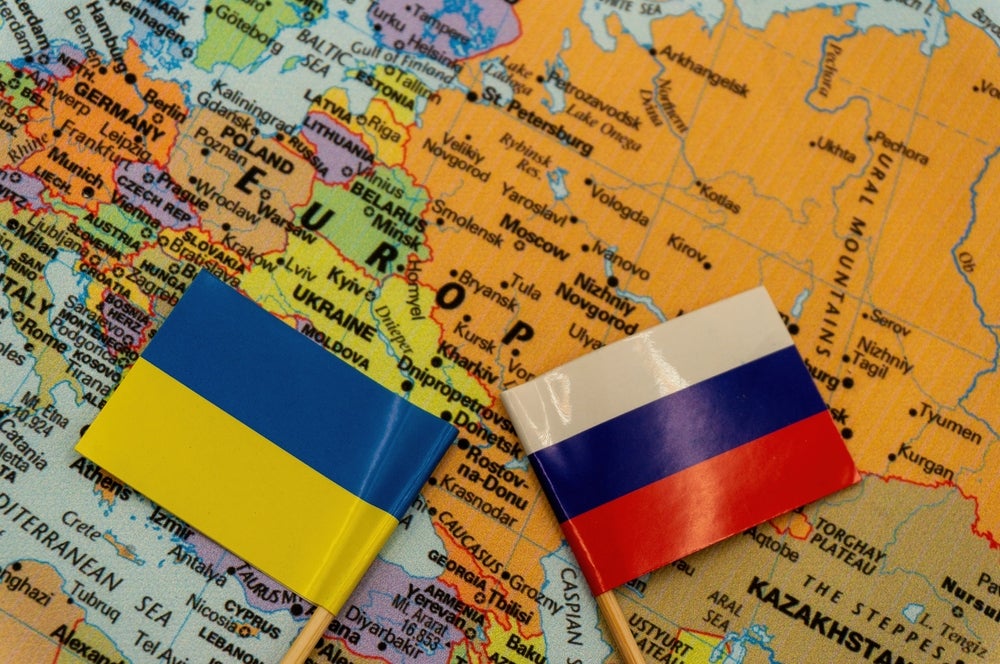
Nearly four in ten (39%) of investors predict a re-evaluation of ESG approach due to recent geopolitical events, including the conflict between Russia and Ukraine.
While some have already made changes, either in-house or via asset management partners, others are reinforcing their ESG approach.

Access deeper industry intelligence
Experience unmatched clarity with a single platform that combines unique data, AI, and human expertise.
As a result, emerging market country exposures, controversial weapons and fossil fuel firms are coming under scrutiny.
What else is changing bar Ukraine, Russia and ESG?
This is according to a snap poll from investment consultancy bfinance on institutional investors’ responses to pressing news.
The poll also showed that nearly half of investors has direct exposure to Russia before Q1, of which 45% have either fully exited or are in the process of doing so, as some have been obstructed.
Four in five investors were concerned that inflation and rising rates will be problematic for medium-term investment objectives.

US Tariffs are shifting - will you react or anticipate?
Don’t let policy changes catch you off guard. Stay proactive with real-time data and expert analysis.
By GlobalDataFurthermore, illiquid strategies are growing in popularity with 46% stating they expected to increase exposure to infrastructure in the next year.
Kathryn Saklatvala, head of investment content at bfinance, said: “We are very grateful indeed to the senior investors who contributed their insights a few days ago for this report. To some extent, the asset allocation changes we are seeing here represent a continuation of some longer-term shifts, such as the shift in favour of illiquid strategies and real assets.
“Yet investors’ concerns about inflation and rising rates—which come through in these statistics—are giving greater impetus to these trends. It is particularly interesting to see the large minority of respondents for whom geopolitical developments are prompting a change in ESG approach. This has chiefly been focused on topics such as weapons manufacturers, energy companies and country exclusions. Even among those that indicated that the conflict would not affected their ESG approach, many said that it had illustrated the importance of having a robust approach here. Indeed, we saw cases where ESG-oriented investors had significantly reduced or eliminated Russia exposure ahead of 2022, which benefited performance in Q1.”







